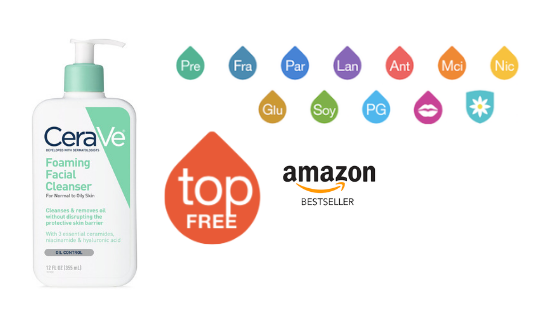 Lev Dolgachov/PhotoSpin
Lev Dolgachov/PhotoSpin
Psoriasis is an inflammatory skin condition that can cause a lot of pain, itching and embarrassment due to the thick scaling red or silver patches it creates on the skin. Some people only contend with a few small patches that are easy to disguise or hide while others have large plaques over most of their body.
Either way, psoriasis is a challenge both mentally and physically as it can be difficult to treat. Here are three suggestions for addressing psoriasis and having clear, healthy skin.
First, look at diet.
There is a lot of anecdotal evidence from psoriasis sufferers that the skin lesions are improved with a gluten-free, dairy-free, sugar-free diet while including more vegetables and water. Even the National Psoriasis Foundation suggests giving a gluten-free diet a try.
The foundation states, “Eliminating gluten from your diet may help reduce your psoriasis symptoms as well as eliminate digestive woes, but it's only likely to help if gluten is a problem food for you in the first place. It is also possible that gluten isn't contributing to your symptoms, but that another food such as dairy, sugar, corn or soy might be.”
Some research has shown that psoriasis and celiac disease may share a connection of both having an autoimmune reaction to gluten protein. It is also known that sugar and white/simple carbohydrates increase inflammation which may increase psoriasis.
Second, consider some supplements that may help inflammation, the immune system and skin.
Try adding the skin-supportive omega-3 fatty acids such as in fish oil blends, salmon oil or cod liver oil. Make sure to get a therapeutic dose of 2000-3000mg per day but be careful if on a blood thinner or if you are allergic to fish.
As the skin problem may be a reaction to problems inside the body, try liver-supportive supplements such as dandelion root, choline, lecithin, artichoke and garlic.
Vitamin D levels are linked with psoriasis and vitamin D is supportive to the immune system so have your numbers checked today.
For more immune system and inflammation support, try a daily dairy-free probiotic in a capsule (so as to avoid high sugar yogurts) to help feed your good gut bacteria.
Third, sometimes medications are required.
Many people use topical or oral steroids to help get the inflammation under control. While this can be helpful in the short term, steroids can have serious side effects.
Additionally, there are oral medications, injectables and intravenous therapy as options that have potent effects on the immune system and inflammation on the skin.
Psoriasis treatment is not a “one size fits all”. What works for one person may not work on the next.
It is also important to note that treatment may take several weeks to see a difference so do not assume what you tried is a failure after just a couple days or even a week. There are options, and it is important to find the right mix of treatment for you.
Sources:
Birkenfeld, S., Drieher, J., Weitzman, D., and Cohen, A. Coelic Disease Associated with Psoriasis. The British Journal of Dermatology. 2009;161(6):1331-1334.
Boyles, S. Vitamin D Treatments Target Psoriasis. Web. 19 August, 2013.
Retrieved from http://www.webmd.com/skin-problems-and-treatments/psoriasis/news/20110512/vitamin-d-treatments-target-psoriasis
National Psoriasis Foundation. Can a Gluten Free Diet Help Your Psoriasis? Web. 19 August, 2013.
Retrieved from http://www.psoriasis.org/about-psoriasis/treatments/alternative/gluten-free-diet
The Harvard Medical School Family Health Guide. What you eat can fuel or cool inflammation, a key driver of heart disease, diabetes, and other chronic conditions. Web. 19 August, 2013.
Retrieved from http://www.health.harvard.edu/fhg/updates/What-you-eat-can-fuel-or-cool-inflammation-a-key-driver-of-heart-disease-diabetes-and-other-chronic-conditions.shtml
Reviewed August 20, 2013
by MIchele Blacksberg RN
Edited by Jody Smith






Add a CommentComments
There are no comments yet. Be the first one and get the conversation started!